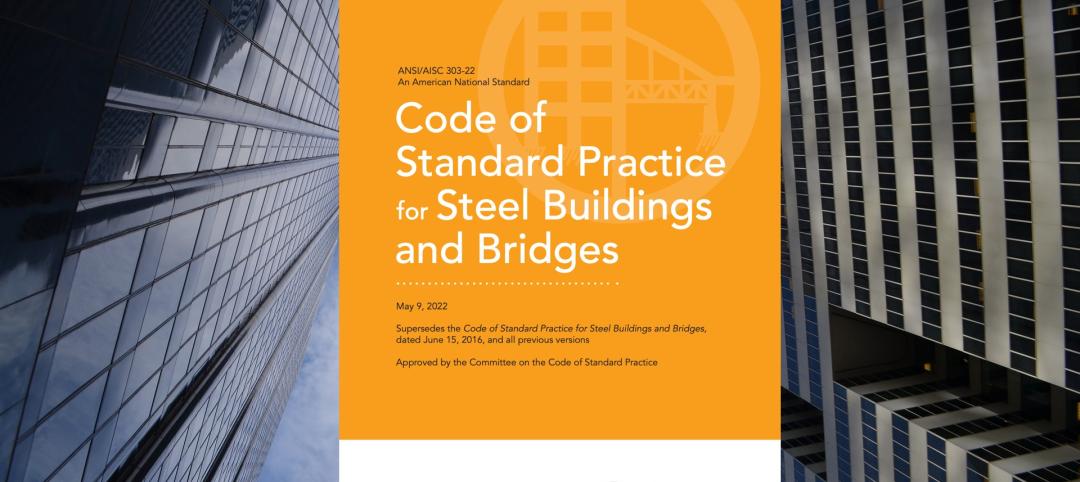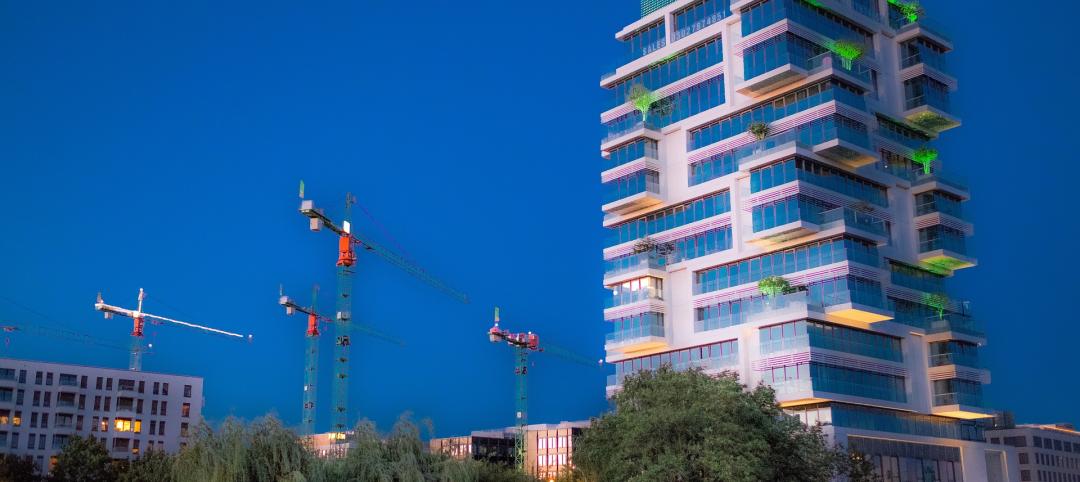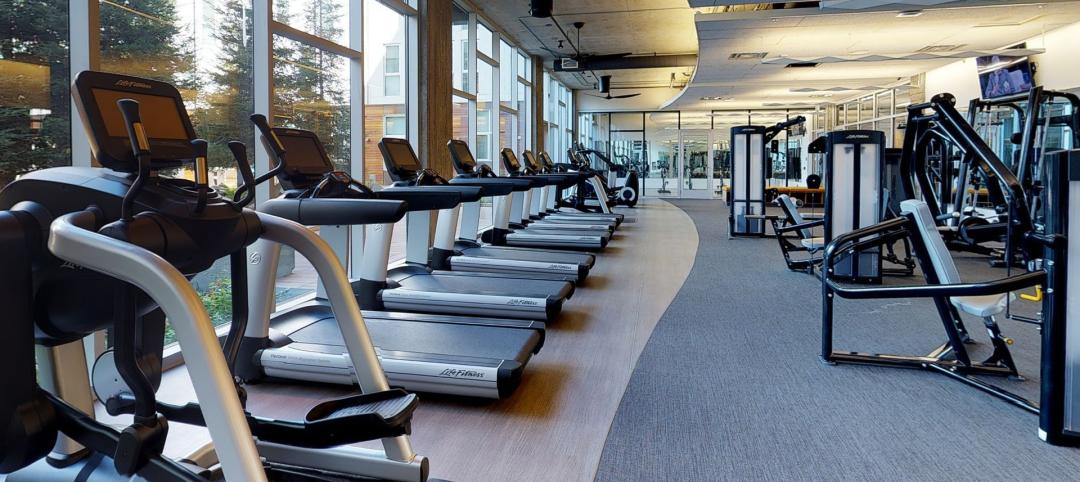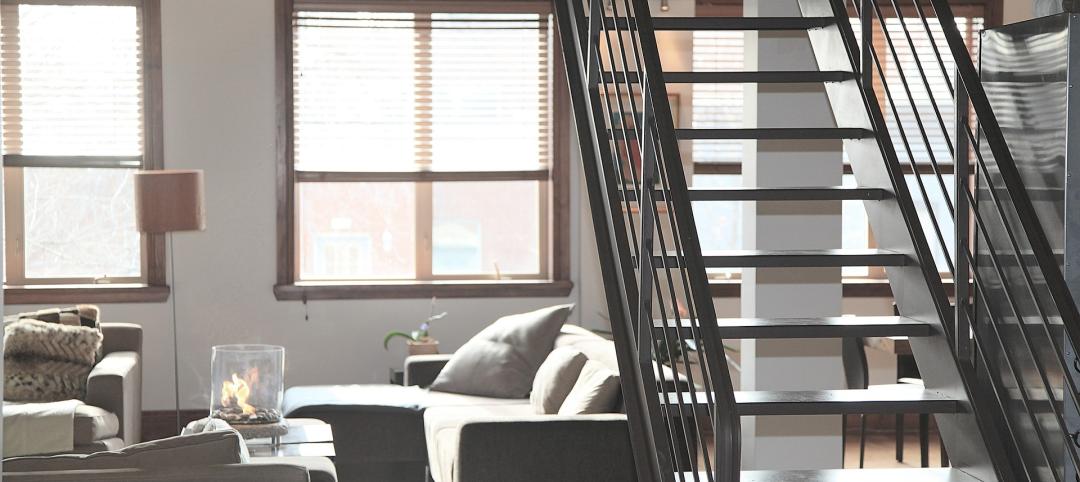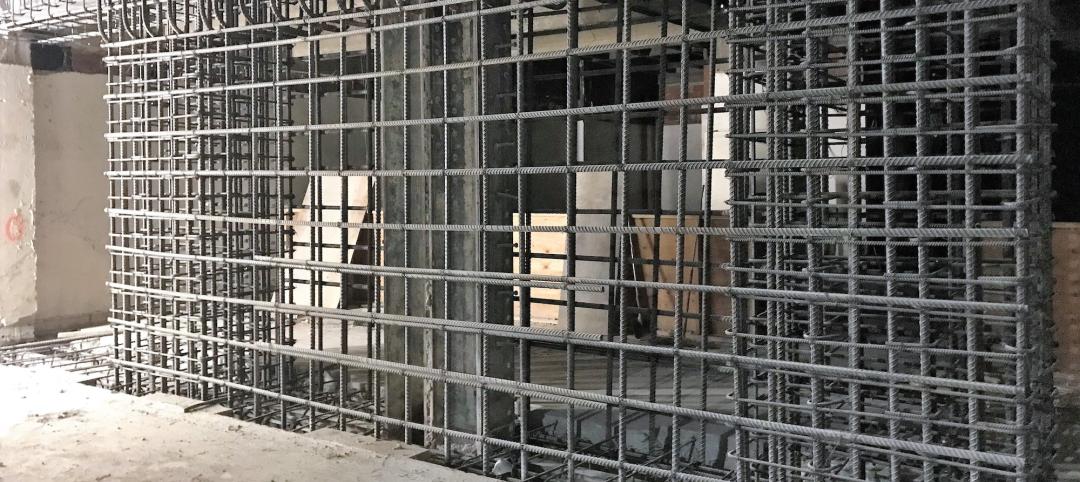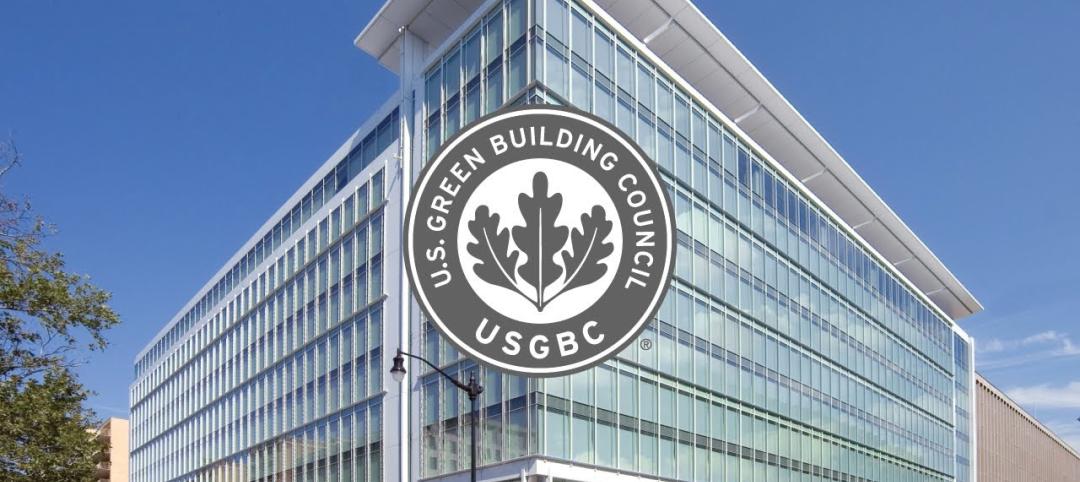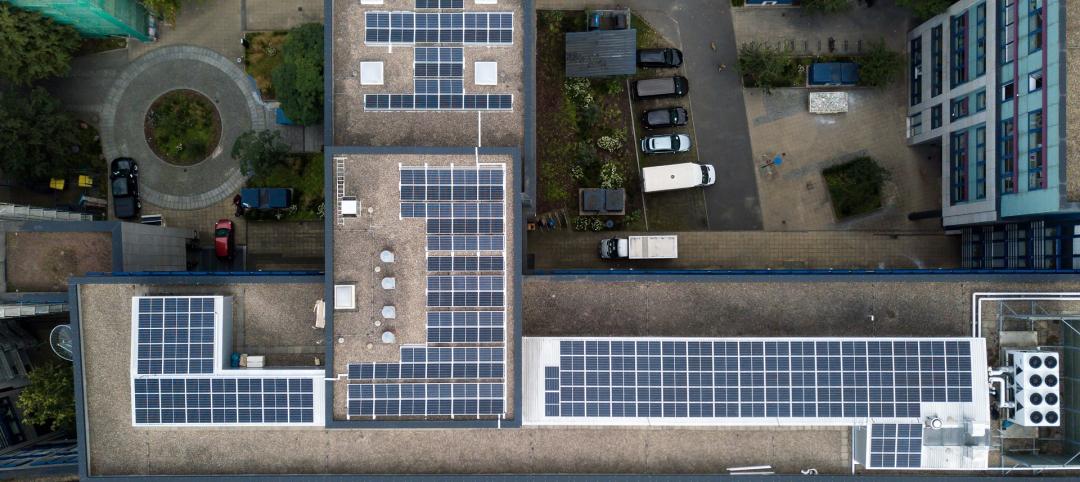New York City recently made over 600 major updates and thousands of smaller changes to its construction codes—the first such wholesale revamping since 2014.
The changes are “intended to improve safety for New Yorkers, and incorporate the latest in building technologies,” according to a statement from the city. “The new codes use the highest international standards for the design, construction, and maintenance of buildings as a baseline, while continuing our city’s proud tradition of implementing additional enhancements to ensure we have among the strongest building regulations anywhere in the world.”
Revisions include:
· Increased material choices available to builders by expanding the use of sustainable building materials such as cross-laminated timber and structural composite lumber.
· Expansion of the applicability of flood zone requirements of the 100-year flood hazard area to all critical facilities (including fire, rescue, ambulance, police stations, and designated emergency shelters) located in the 500-year flood zone.
· Policies to support the use of alternative energy production processes including hydrogen fuel cells.
· Clear compliance criteria for elevator systems to ensure greater accessibility and usability for building occupants with physical and intellectual/developmental disabilities.
· Reduction of the required 8-foot basement clearance height for two-family homes to 7 feet to increase affordable housing opportunities.
· Permission to use netting, low barriers, and chain link fencing in lieu of solid fencing that creates blind tunnels for pedestrians.
· Creation of a new license type for advanced crane technology, such as articulating boom cranes and roto-telehandlers.
The updated code requirements will go into effect next year, with some regulations taking effect on Jan. 1, 2022.
Related Stories
Multifamily Housing | Dec 6, 2022
Miami-Dade County will allow accessory dwelling units
Commissioners in Miami-Dade County, Fla., recently voted to allow many single-family homeowners to rent out accessory dwelling units on their property. Many homeowners will be allowed to rent out garages, separate quarters, or detached backyard apartments if they meet certain standards including for lot size and parking.
Steel Buildings | Dec 6, 2022
2022 AISC Code of Standard Practice for Steel Buildings and Bridges released
The American Institute of Steel Construction recently released an updated revision of one of its flagship standards, the Code of Standard Practice for Steel Buildings and Bridges (ANSI/AISC 303-22). The code was last updated in 2016. The latest version is available as a free download at aisc.org/2022code.
Multifamily Housing | Dec 6, 2022
Support for multifamily rent control legislation grows as metros face big rent hikes
Steep rent increases during the pandemic recovery have spurred support for rent control legislation in several areas of the country.
Mass Timber | Dec 1, 2022
Cross laminated timber market forecast to more than triple by end of decade
Cross laminated timber (CLT) is gaining acceptance as an eco-friendly building material, a trend that will propel its growth through the end of the 2020s. The CLT market is projected to more than triple from $1.11 billion in 2021 to $3.72 billion by 2030, according to a report from Polaris Market Research.
Retail Centers | Nov 29, 2022
'Social' tenants play a vital role in the health of the retail center market
After a long Covid-induced period when the public avoided large gatherings, owners of malls and retail lifestyle centers are increasingly focused on attracting tenants that provide opportunities for socialization. Pent-up demand for experiences involving gatherings of people is fueling renovations and redesigns of large retail developments.
Multifamily Housing | Nov 29, 2022
Number of office-to-apartment conversion projects has jumped since start of pandemic
As remote work rose and demand for office space declined since the start of the Covid-19 pandemic, developers have found converting some offices to residential use to be an attractive option. Apartment conversions rose 25% in the two years since the start of the pandemic, with 28,000 new units converted from other property types, according to a report from RentCafe.
Seismic Design | Nov 16, 2022
SPC-4D: 7 reasons California hospital building owners should act now to meet seismic compliance
Seismic compliance with the applicable California building codes is onerous and disruptive for building owners, especially for a building in the heavily regulated sector of healthcare. Owners of older buildings that house acute care services have a big deadline on the horizon—Jan. 1, 2030, the cutoff date to upgrade their buildings to SPC-4D.
Green | Nov 13, 2022
USGBC updates LEED v4 to better address greenhouse gas emissions and climate change
The U.S. Green Building Council (USGBC) will update the LEED v4 green building certification program to “more directly address greenhouse gas emissions and climate change” according to a USGBC news release.
Green | Nov 13, 2022
NREL report: Using photovoltaic modules with longer lifetimes is a better option than recycling
A new report from the U.S. National Renewable Energy Laboratory (NREL) says PV module lifetime extensions should be prioritized over closed-loop recycling to reduce demand for new materials.
Green | Nov 13, 2022
Global building emissions reached record levels in 2021
Carbon-dioxide emissions from building construction and operations hit an all-time high in 2021, according to the most recent data compiled by the Global Alliance for Buildings and Construction.




